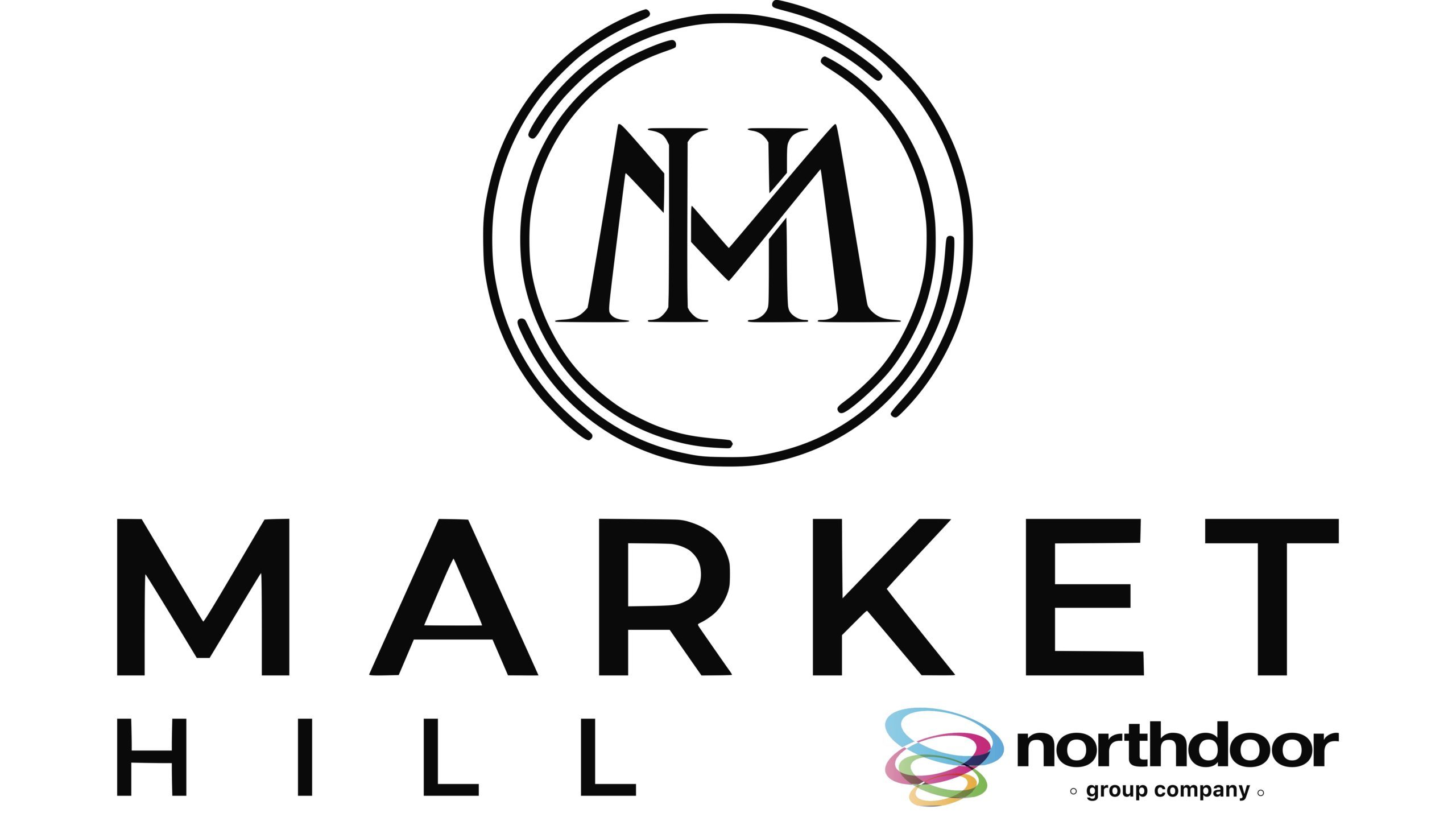A G7 announcement out of Cornwall that you won’t have missed is the introduction of a global minimum cooperation tax (GMT). Some PortCos could see their corporation tax bills increase by 5-10% overnight.
Today we’re going to look at how you could net out this increase using the same model cost introduced last week. If you missed that you can find it here.
https://themarkethill.com/putting-a-dollar-value-on-cloud-cost-optimisation/
This might feel like one of those school exam questions by the end. You remember the ones…
‘Jane drives at an average speed of 45 mph on a journey of 135 miles. Chris cycles at an average speed of 8 mph for 15 miles. If they all leave their homes at the same time, who arrives at their destination first?’
Let’s assume your PortCo currently pays 8% corporation tax
They are a SaaS service provider. They have an annual revenue of $100m and make 50% profit. We’ll call them PortCo B.
PortCo B can offset at least 20% of their tax bill through legal mechanisms.
Their corporation tax bill after these offsets would be $3.2m before the GMT.
With a GMT this, would be $6m.
You need to find a spare $2.8m from somewhere
As a SaaS business, It’s not uncommon for a firm PortCo B to spend at least 20% of their revenue on Technology, $20m p.a.
If we assume that 30% is allocated to cloud infrastructure and services this would be $6m p.a for PortCo B.
Most cloud estates are oversized at least 50-70%. The optimisation opportunity for PortCo B would be at least $3m p.a.
What other mechanisms are you looking at to reduce the GMT impact?
How long do you think it will take to net out this impact? Has the discussion started yet with your PortCo leaders? Who is leading the charge?
Even if you aren’t impacted by this tax increase this cloud cost is still sitting there…
Until next time.
Thomas
You can sign up for more ‘unconsidered needs’ below.
If you want to get more ‘unconsidered needs’ direct to your inbox you can sign up below…
